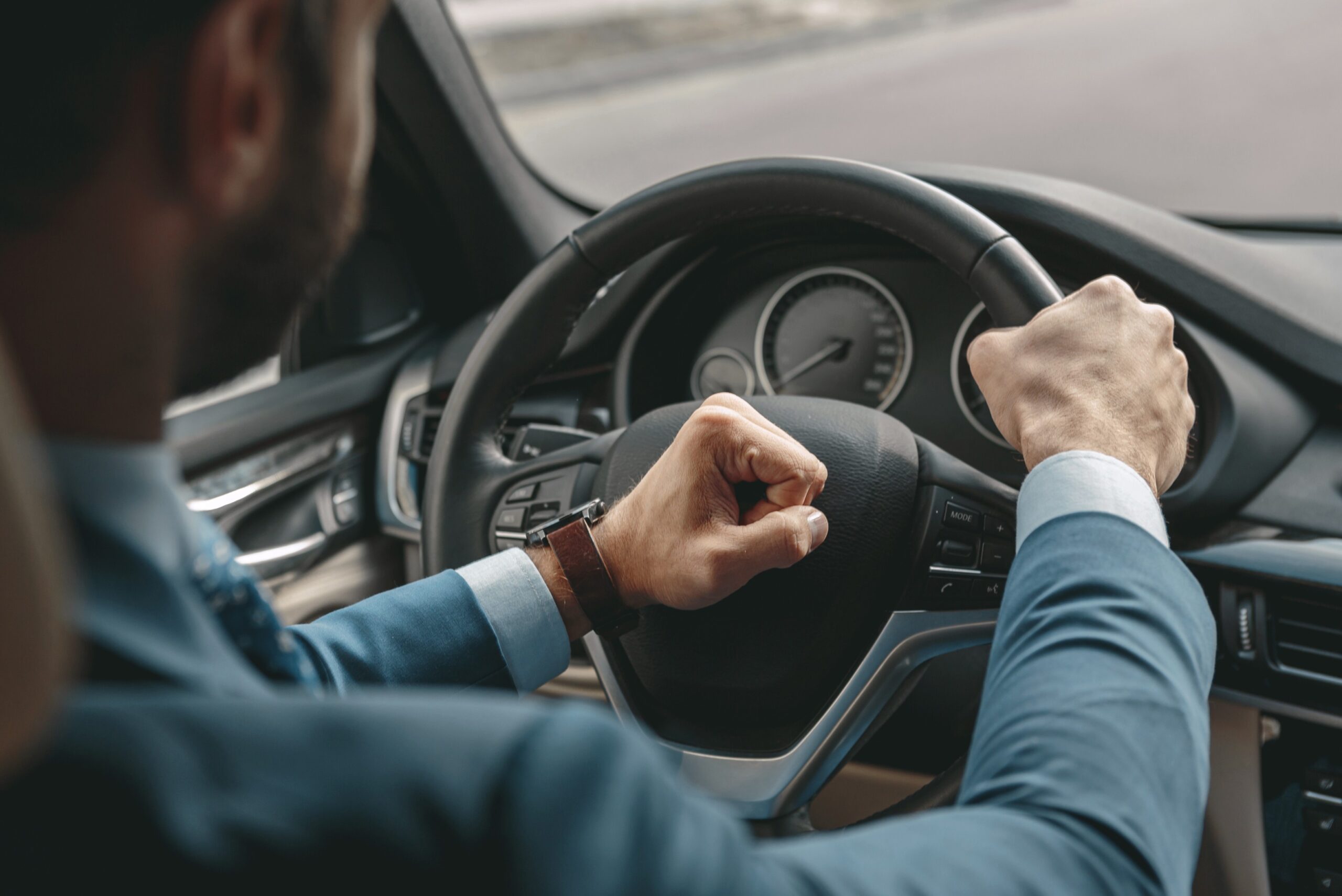Tips for Staying Alert and Focused While Driving – Guest Post

There are many factors that can cause a person to get into a car accident, such as bad weather, traffic congestion, road construction, and debris or animals on the road. However, some of the most common causes of motor vehicle collisions tend to be a driver’s own behaviors and habits. Reckless, distracted, and fatigued driving, for example, are three of the most common behaviors that cause a person to get into an accident. Focused driving can help prevent such awful accidents.
Below are a few tips to help you avoid these behaviors so that you don’t have to deal with the aftermath of a car accident. Learn how to stay alert and focused while driving.
1. Don’t Drink and Drive
You’ve likely heard this before, and you will continue to hear it repeatedly. Don’t drink and drive, because alcohol and driving do not mix. Drinking and driving can result in some of the most devastating and tragic accidents.
When you drink, your physical and cognitive capabilities are diminished. Alcohol affects the brain by preventing neurons from sending necessary information to the rest of your body, which results in reduced brain function. Alcohol also works as a depressant that slows the function of your central nervous system.
As a result, when you drink, you are not capable of thinking as clearly. Your reaction times are much slower. This means when you are driving, you are not able to focus, stay alert, and make sound decisions. You are also unable to react quickly if needed, such as hitting the brakes when someone quickly stops in front of you.
If you’ve been drinking at all, do not get behind the wheel. Call for a ride if necessary, or have someone else drive you home. Even the smallest amount of alcohol can affect your brain and nervous system function.
2. Get Enough Sleep Before Driving
People tend to live busy, chaotic lives. As such, it’s quite common to get behind the wheel of a car when you are tired, overworked, and exhausted. Unfortunately, sleep deprivation can have similar effects on the body as too much alcohol, which means you are more likely to cause an accident if you drive while fatigued.
Sleep deprivation can mess with your eyesight, increase anxiety, reduce your cognitive function, and slow down your reaction times. In other words, if you are driving while sleep deprived, you might struggle to see the road and signs clearly, have a hard time focusing and staying alert, struggle to make decisions, and might not react as quickly to certain things like someone pulling out in front of you.
Thus, make sure you are getting enough sleep every night before getting into your car the next day. If you feel too tired to drive, take public transit, use a ride-share app, or have someone else drive you.
3. Avoid Long Road Trips if Possible
Long road trips call for cautious driving because longer time on the road increases your risk of getting into an accident for many reasons. Primarily, you are more prone to becoming fatigued and zoning out when driving for hours at a time. If you can’t avoid a long road trip, make sure you have others along for the ride that can switch out with you and keep you entertained.
Taking turns driving can help you avoid highway hypnosis, which is essentially like going into a trance-like state. When you stare at the road ahead of you for hours at a time, your brain can partially turn off in a way, meaning you aren’t fully paying attention and your body is just acting on autopilot. In this state, you are more likely to get into an accident because you aren’t fully aware of what is going on around you.
If you don’t have someone to take turns driving with, try finding other ways to keep yourself alert, such as listening to energetic music and singing, drinking caffeine, talking to yourself out loud, rolling down the windows for fresh air, and taking frequent breaks.
4. Avoid Distractions
There is a lot that can distract you while driving, and distracted driving is a primary cause of car accidents. Cell phone use, for example, is one of the most common distractions today that pulls focus and attention away from the road. There are a number of other things that can distract you, such as eating while driving, talking to passengers, reaching or looking in the backseat to deal with children or pets, and grooming in the mirror.
It’s best to avoid these distractions if possible to make sure you are focused on the road in front of you. Put your cell phone away and out of reach, and engage in conversation with passengers only when it doesn’t pull your attention from your driving. Make sure to groom yourself before or after you are done driving, and wait to eat until you have reached your destination. Pull over if you need to deal with something in the back seat.
Conclusion
Staying alert and focused while driving is crucial. Accidents can happen in a split second. The more you are paying attention to what you are doing, the better you will be able to react and avoid a collision. This means avoiding distractions as well as getting enough sleep, having a driving buddy for long trips, and avoiding alcohol before getting behind the wheel.
